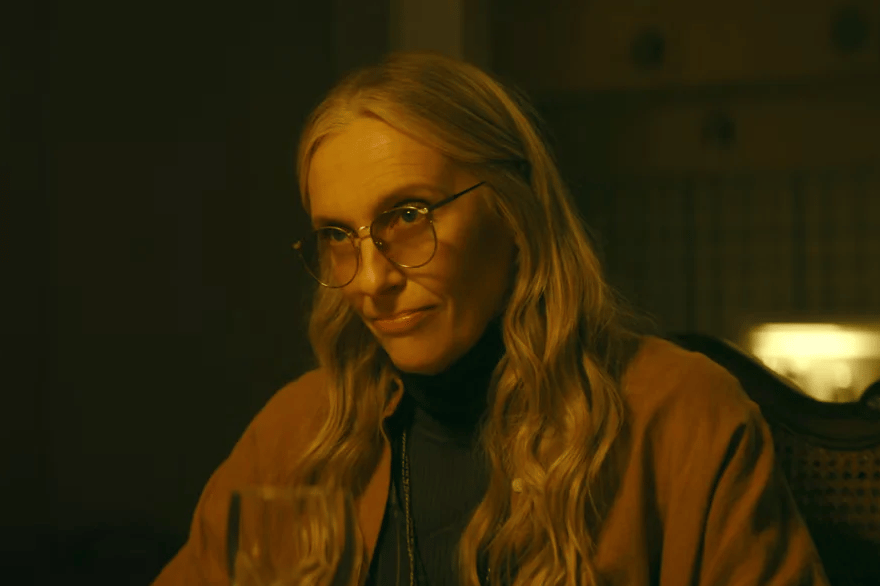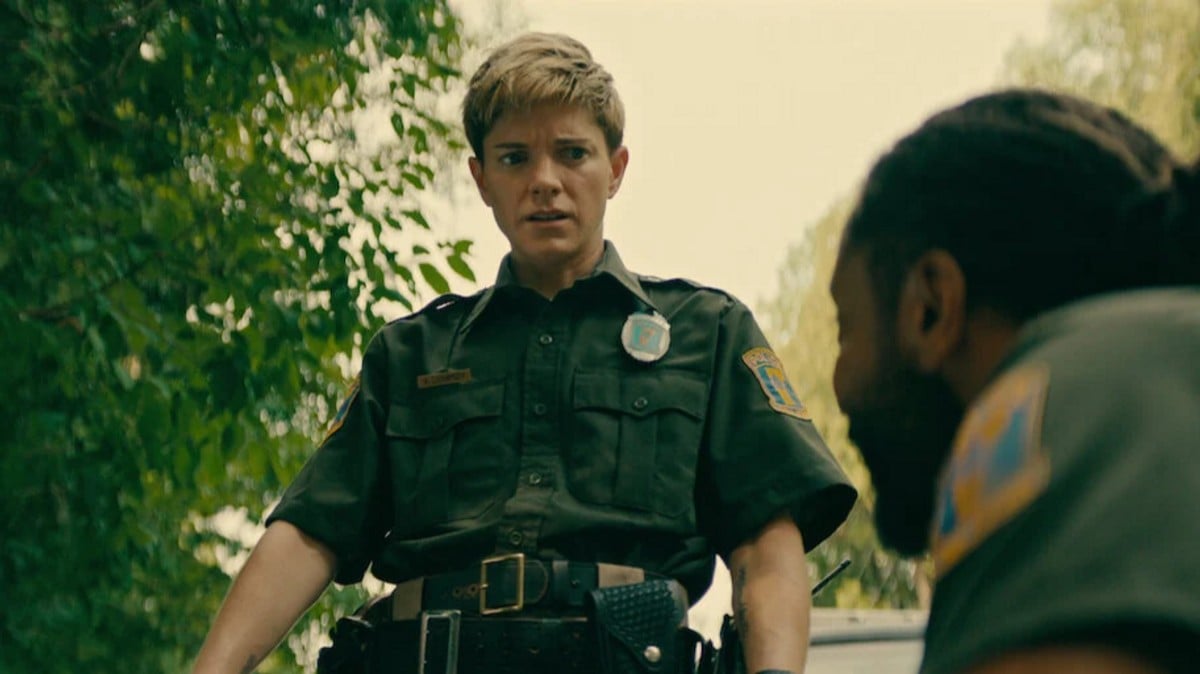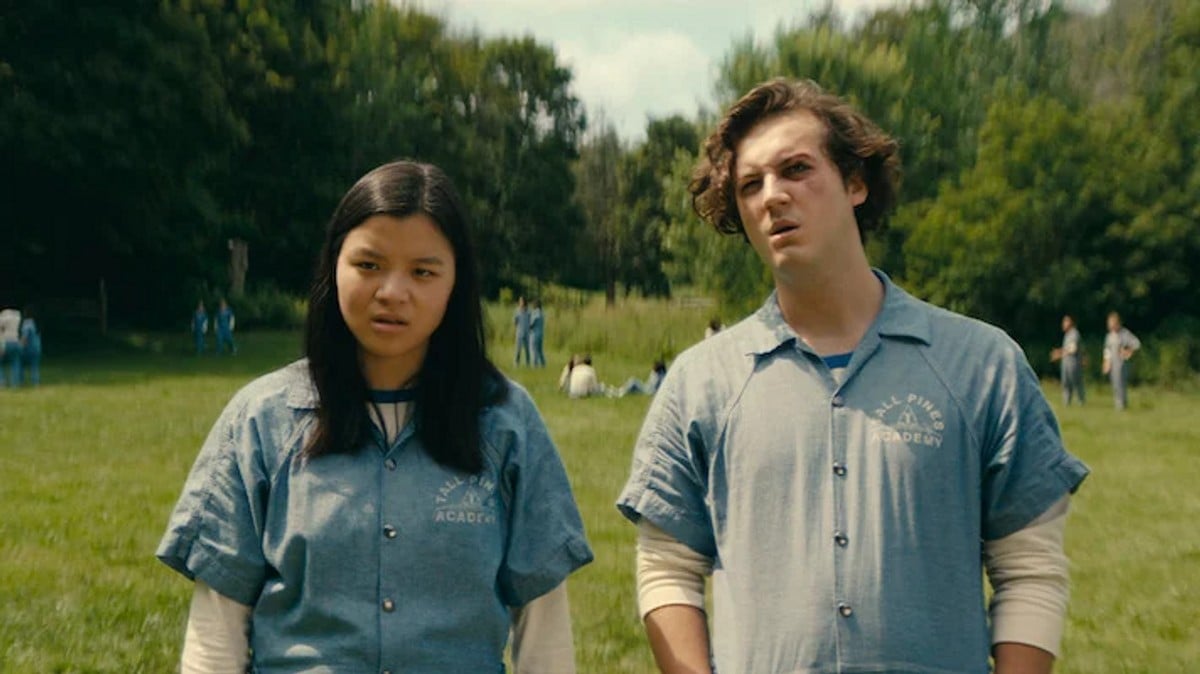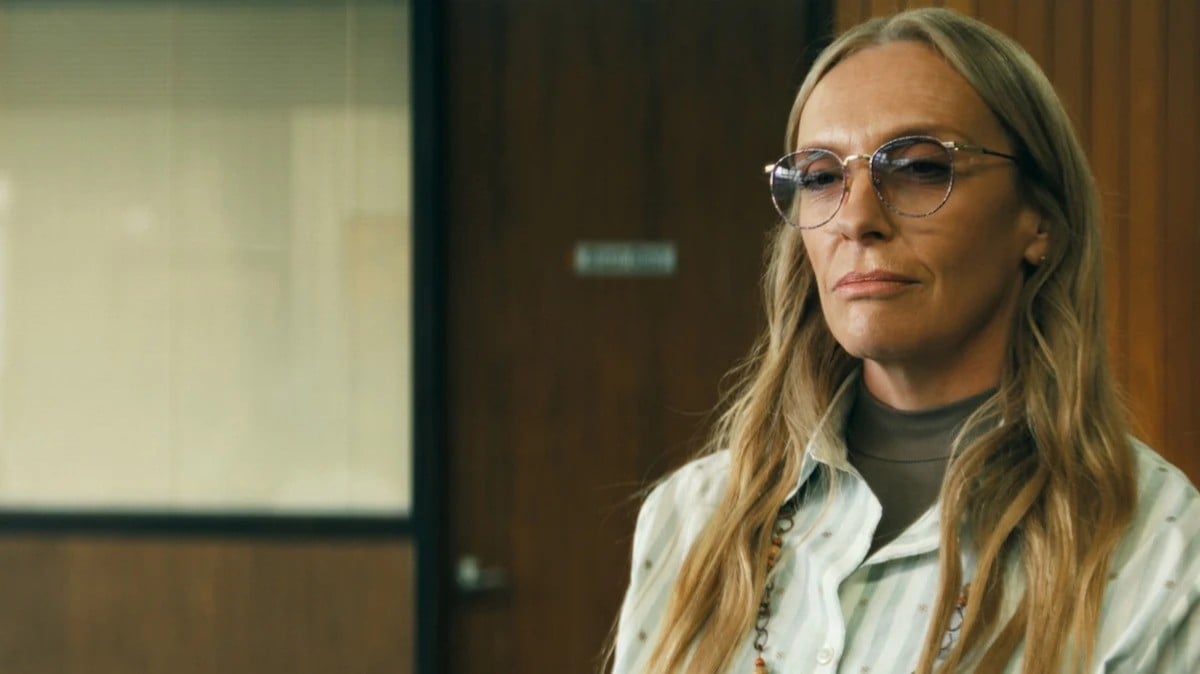
Wayward is Netflix's most compelling new series, and for good reason. This isn't your typical cult drama — it's something far more nuanced and unsettling.
We've all seen cult dramas before. You know the drill; charismatic leader, vulnerable followers, things go horribly wrong.
On the surface, Wayward delivers exactly what you'd expect from a cult-focused series. But scratch beneath that familiar premise, and you'll find something much more thought-provoking.
Watch: The trailer for Wayward. Article continues after video.
Set in the picture-perfect town of Tall Pines, the story revolves around Tall Pines Academy. Outwardly, it's a boarding school for "troubled" teens. In reality? It's giving major cult vibes, run by the absolutely chilling Evelyn Wade (Toni Collette).
Mae Martin (who is nonbinary and uses they/them pronouns) stars as Alex Dempsey, a married man who shows up to town with his pregnant wife Laura (Sarah Gadon). Alex starts poking around the academy's dodgy practices, and let's just say what he discovers is deeply, deeply disturbing.
Then there's Abbie (Sydney Topliffe) and Leila (Alyvia Alyn Lind) — best friends from Toronto who find themselves trapped at the sinister Tall Pines Academy and immediately start plotting their escape — giving viewers the clearest window into just how horrifying life inside the institution really is.

































































































